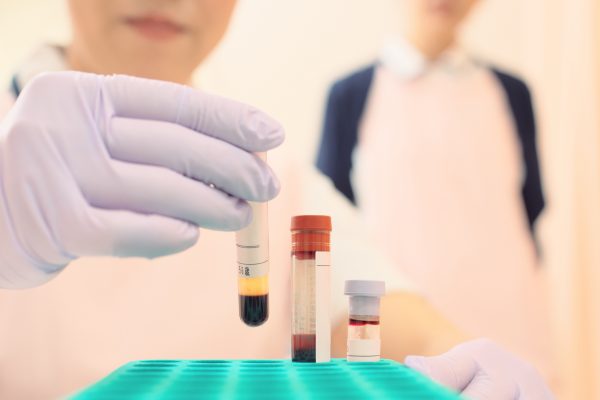
Haemophilia A is an X-linked bleeding disorder that results from functional clotting protein factor VIII deficiency. Cases of severe haemophilia A are defined as having a factor VIII activity level of less than 1 IU per decilitre, and common complications include spontaneous bleeding and debilitating arthropathy, and the current standard of care is prophylactic treatment with factor VIII. 1 However, even with this treatment regimen, many patients still have spontaneous bleeding episodes, highlighting the need for more effective treatments.
Valoctogene roxaparvovec gene therapy involves the use of an adeno-associated virus vector to trigger exogenous factor VIII protein production via delivery of a B-domain-deleted human factor VIII coding sequence. A recent open-label, single group phase III trial (GENEr8-1 trial) recently published in NEJM investigated the change in annualised treated bleeding rate in 134 men with severe haemophilia A who were receiving factor VIII prophylaxis and also received a single infusion of valoctogene roxaparvovec. 2 Outcome measures were reported at 2-years post-treatment.
Data from a total of 132 patients was available at the 2-year follow up timepoint. Importantly, the mean annualised treated bleeding rate decreased by 84.5% from baseline in patients who received the gene therapy treatment with valoctogene roxaparvovec. Further, the annualised rate of factor VIII use was reduced by 98.2% from baseline to post-prophylaxis. Factor VIII activity also increased from baseline by a mean of 22 IU per decilitre as measured by chromogenic assay in the modified intention-to-treat population. Risk of joint bleeding was estimated at 1 episode per year based on a transgene-derived factor VIII level of 5 IU per decilitre. Finally, no new safety signals were identified, and no new serious treatment-related adverse events occurred at 2-years post-treatment.
This study published by Mahlangu and colleagues supports the safety and efficacy of gene therapy with valoctogene roxaparvovec for the treatment of haemophilia A.
References